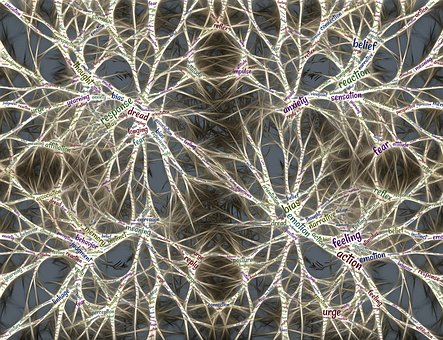Feeling down?
Category : Uncategorized
Feeling Down?
Many years ago I went to the doctors feeling down and depressed and yes he gave me some pills. I took the pills for 3 days and felt like a zombie, it was as if I was in a daze, not really there. It felt as though I was having an outer body experience as I wasn’t connected with the real world. After 3 days I said to myself and my parents whom I was still living with at the time I was throwing the pills in the bin and no one should be legally drugged like that. I know of people who have been on anti-depressants for years, is this helping them or masking the real problem? Maybe I didn’t give the drugs a chance to work but I wasn’t prepared to be drugged up to the eyes balls until they started working, give me some laughing gas instead !
There is much research into depression and what can help. It is proved that gentle exercises can help and also Diaphragmatic Breathing exercises help.
I went on a workshop with Andrew T Austin whom is very well known in the change work world. He uses a system to explain depression and this is what I also use now. Andrew has a vast knowledge on depression. I’ve trained with Andrew twice now and find it invaluable to my business and to myself.
For more info on this training with Andrew go to
The Three Pillars of Depression.
Guilt Shame Remorse
Causes
Anxiety Stress Panic
Causes
Temper Anger Frustration
This doesn’t apply to every case or every individual but it is a good scale and I have found it very useful in the past.
Feeling down does not cause a chemical unbalance in the brian, there is NO scientific evidence to back this myth up.
Please feel free to read this study. http://www.plosmedicine.org/article/info%3Adoi%2F10.1371%2Fjournal.pmed.0020392
There are three basic molecules, known chemically as monoamines, which are thought to play a role in mood regulation: norepinephrine, serotonin and dopamine. The areas of the brain implicated in depression are the forebrain and the limbic system.
As a rule people who are suffering from depression are always looking back at past events in their life, finding fault in themselves or going over past events. If they are looking back all the time how can they see where they are going or move forward without tripping up?
I have found that people sometimes talk themselves into a bad state of mind. I was with a friend and they said about someone “What a right state to get into” to which I said “No, what a wrong state to get into”. If we look at the words, it’s true we can get ourselves into the wrong state with negative internal dialogue. We can talk ourselves into a low state of mind, thinking of the worst case. This is what happened to me I was focused on every negative parts of my life and feeling sorry for myself. I talked and thought myself into a depressive state.
There are simple steps we can take. The first is a bit obvious but true Smile! If you smile even if you don’t feel like it you can’t feel bad while smiling and its a psychologically very hard to feel low, also look at how you hold your body posture.
Walk with your chin up and shoulders back, chest out like a confident person would and the same while you are sat at home don’t slump in your chair, make your posture is correct. I also ask people to watch their favourite funny movie or comedian anything that make them laugh or smile. This will release good endorphins into the blood stream which help the brain chemistry .
Get some brightly coloured paper and write a good memory on each on and place them in different rooms of your home. Every time you see the papers take a moment to think of that good memory. When depressed the visual cortex of the brain is dulled so it important to get it working again, i.e. the bright colours. You will also start to train you brain to think positive thoughts every time you enter a different room.
Always consult with your GP if you are not sure.
I can help with your GP’s permission and help you to stay off the pills !
If you are feeling down and would like a free consultation contact me on 024 75098634 or click HERE
Adam Cowming







